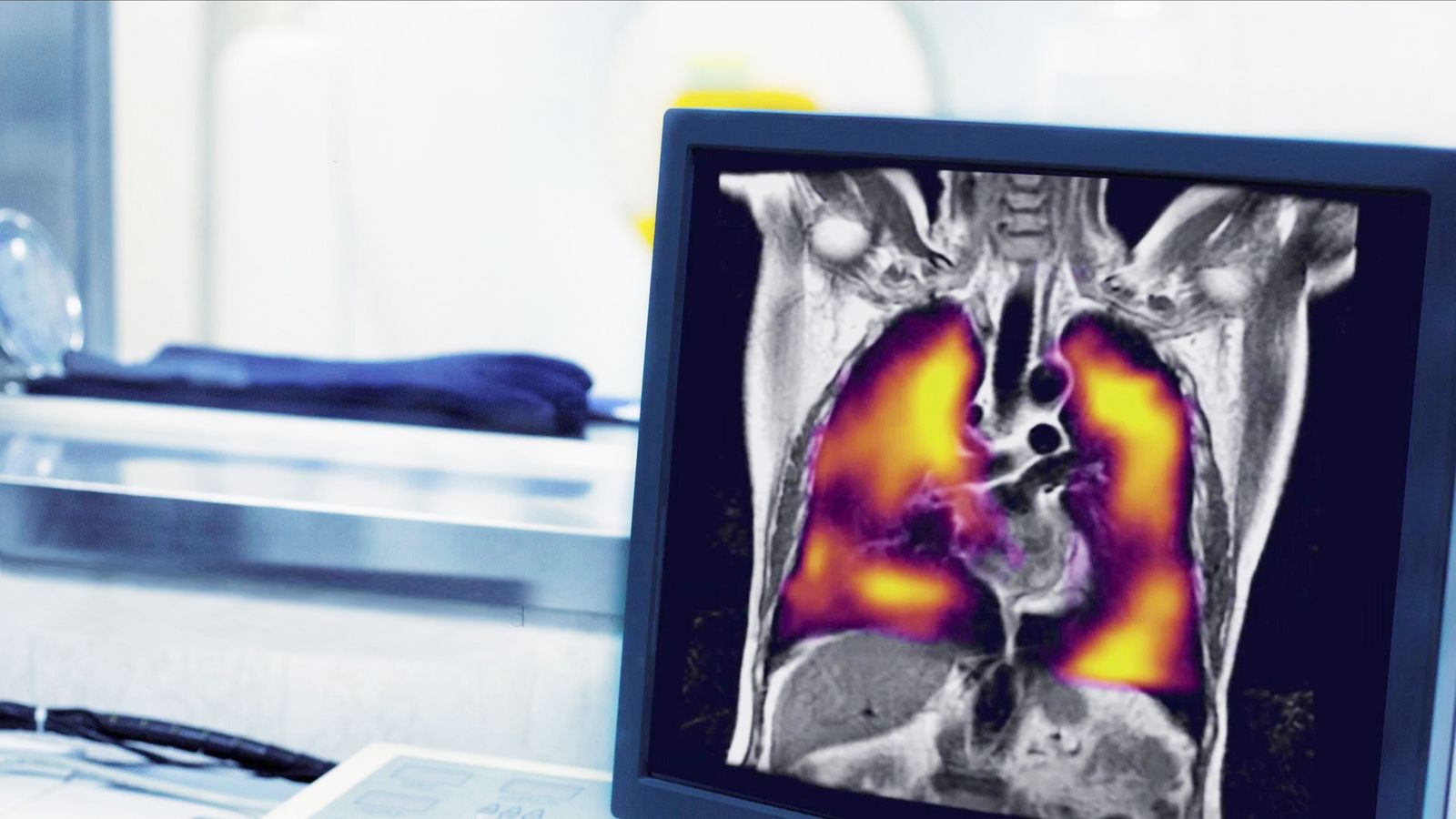Those who have been fully vaccinated from the virus are less likely to have long COVID, the UK Health Security Agency has found.
The UKHSA review looked at15 national and international reviews that were undertaken up until January 2022.
It found an estimated 2% of the UK population had reported symptoms of long COVID which can last for more than four weeks after their initial infection.
The three most common symptoms are fatigue, shortness of breath and muscle or joint pain.
Eight of the studies in the review looked at the effect of vaccinations administered before infection.
Most of these studies suggest that vaccinated people (one or two doses) were less likely to develop symptoms of long COVID following infection compared with unvaccinated people.
Dr Mary Ramsay, Head of Immunisation at the UKHSA, said: “These studies add to the potential benefits of receiving a full course of the COVID-19 vaccination.
Ex-health secretary Matt Hancock did not comply with equality duty when making top COVID appointments, High Court rules
Novak Djokovic ‘prepared to miss Wimbledon and French Open’ if he is forced to have COVID vaccine
COVID-19: Provision of free lateral flow tests under review as reports say they are due to end
“Vaccination is the best way to protect yourself from serious symptoms when you get infected and may also help to reduce the longer-term impact.
“For most people symptoms of long COVID are short-lived and resolve over time.
“But for some, symptoms can be more severe and disrupting to their daily lives.
“If you’re experiencing unusual symptoms particularly for longer than four weeks after infection, you should consider contacting your GP.”
The remaining studies looked at the effects of vaccination among people who already had long COVID symptoms.
Four studies specifically compared long COVID symptoms before and after vaccination.
Three of these suggested that more people with COVID-19 reported an improvement than a worsening in symptoms after vaccination, either immediately or over several weeks.
Another three studies of unvaccinated people with long COVID compared ongoing symptoms in those who either went on to receive a vaccination or remained unvaccinated.
These studies suggested that those who were vaccinated were less likely to report long COVID symptoms after vaccination than people who remained unvaccinated over the same period.
One study looked specifically at the timing of vaccination after COVID-19 infection and suggested that people with COVID-19 who were vaccinated sooner after diagnosis were much less likely to report long COVID symptoms than people who were vaccinated later after diagnosis.
All studies were observational, so results may be from differences other than vaccination.






















